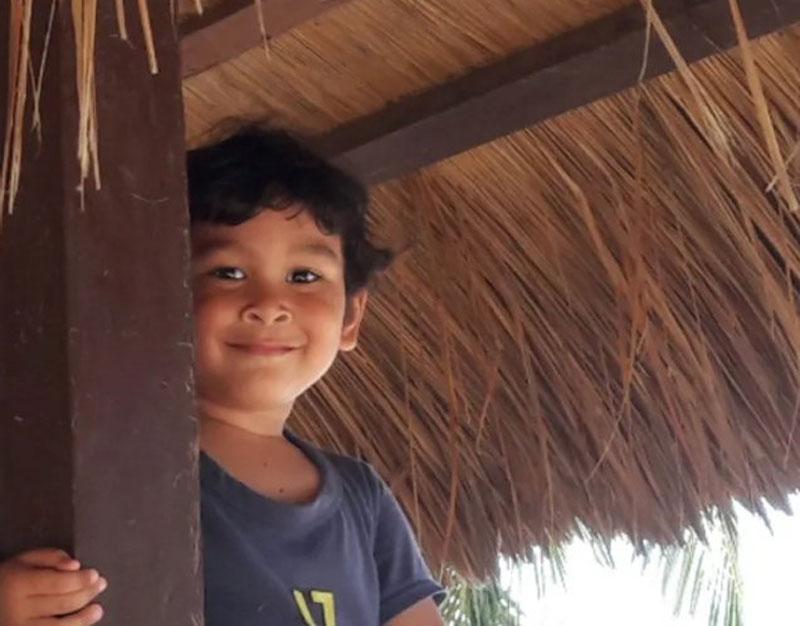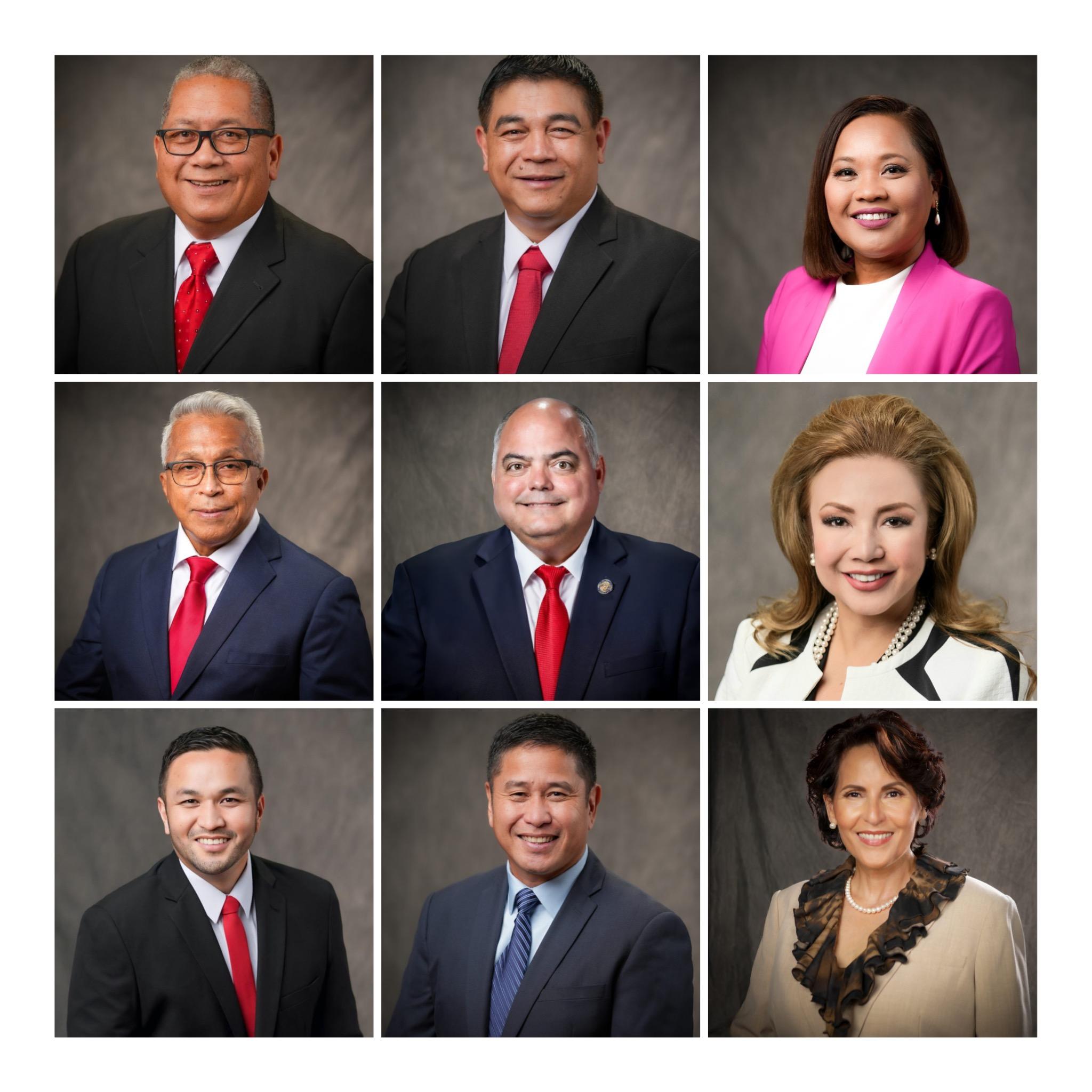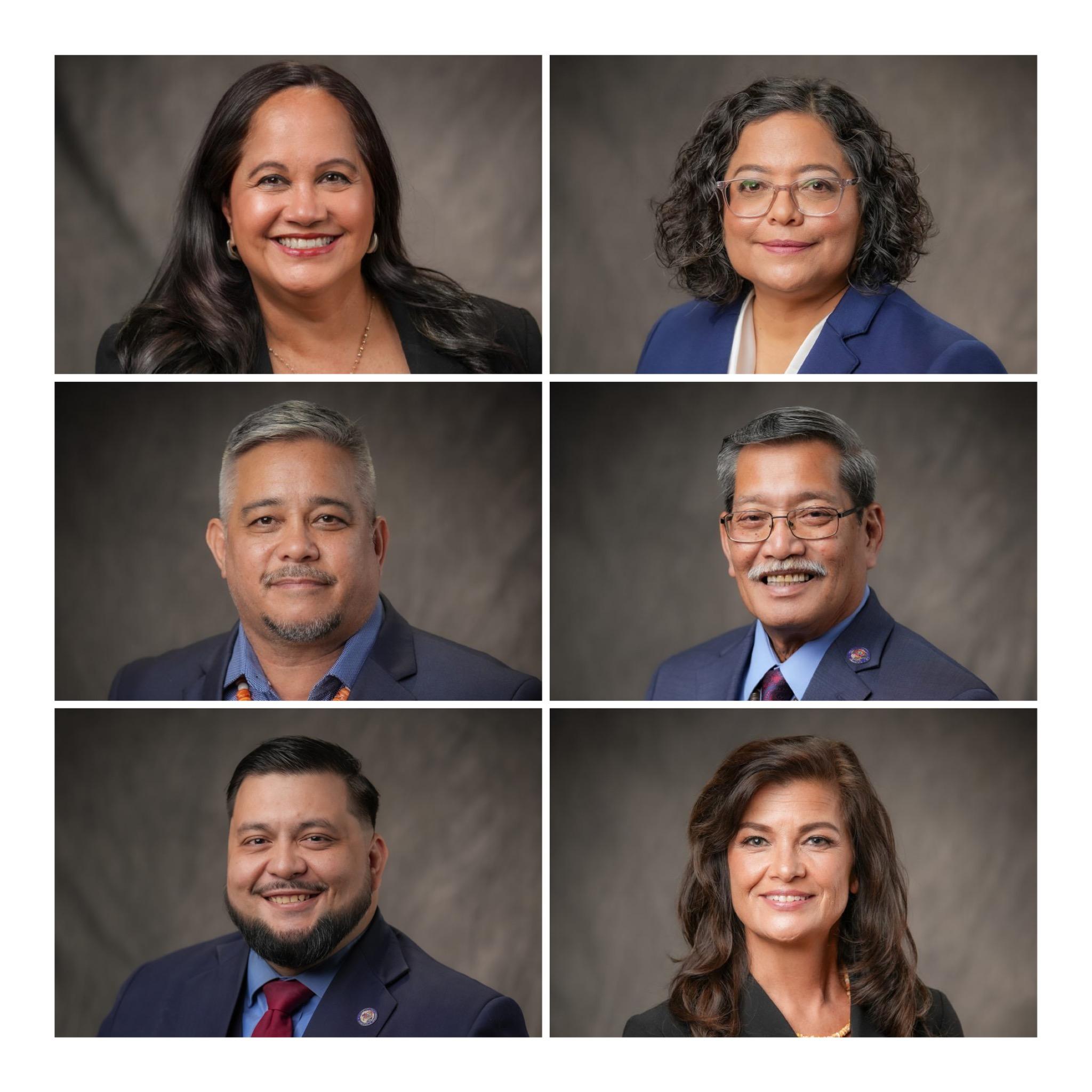After six years of failed effort under Democrat legislatures, most senators under the Republican-led Guam Legislature said they are open to reforming the antiquated Medical Malpractice Mandatory Arbitration Act.
A bipartisan commitment by Sabrina Salas Matanane – health oversight chairwoman – along with Democrats Tina Muna Barnes and William Parkinson, have expressed their intention to introduce legislation this term.
And the governor, according to her spokeswoman, while not commenting on any specific proposal, said that in general, she is “always open to meaningful and positive reform update or improvement of any of Guam’s laws or public policies.”
Not all senators, however, responded to Kandit’s questions whether they have received donations from doctors, whether those donations would unduly influence their objectivity when it comes to reform legislation, or whether they would themselves author such legislation. Those who did not respond include Chris Barnett, Sabina Perez, and Telo Taitague. The email Kandit sent to the address the legislature provides for Joe San Agustin bounced back, and Kandit has yet to reach the senator through other means for his answers.
Of those who did respond – which is the majority of senators – all said they would not be improperly influenced by doctors who would attempt to again thwart MMMAA reform.
The MMMAA requires any victim of medical malpractice to enter and pay for arbitration in order for their claims of malpractice to be heard. Arbitration, as the law prescribes, would start at tens of thousands of dollars and can cost more than $100,000, making it nearly impossible for victims who are poor through even upper middle class to ever have their claims of malpractice heard. Supporters of reform have argued that this law has allowed bad doctors to continue to make negligent mistakes with impunity, costing the limbs and lives of Guamanians. Opponents of significant reform argue that allowing doctors to be sued directly might hold bad doctors accountable, but will drive away good doctors from continuing their practice, and scare away any off-island doctors and specialty nurses who might consider practicing here.
Federal Judge Frances Tydingco-Gatewood, in a hearing involving the MMMAA two years ago, said the current law effectively deprives many people of the ability to access the courts for claims of malpractice based solely on their inability to afford mandatory arbitration.
Legislators since the October 31, 2018 wrongful death of 5-year-old Asher Dean Lubofsky at Guam Memorial Hospital have wrangled to find the right balance between granting access to victims of malpractice to the justice system, and not scaring good doctors out of Guam. Public momentum grew in the last legislature for Bill No. 112-37 by Therese Terlaje that would have opened victim access to the court system while screening claims for frivolous suits.

“The bill we moved onto the floor was changed significantly to incorporate community input from multiple public hearings that we held,” Ms. Terlaje said.
While there appeared to be strong grassroots support for the bill, Dr. Thomas Shieh led a campaign against the measure that threatened the reelection of senators and claimed that if the bill passed, several doctors would suspend their practices in Guam. Mr. Shieh’s campaign prevailed, and MMMAA reform died in the last legislature.
Ms. Terlaje, who did not receive any donations from doctors in the last election, went on to become the highest vote-getter in the 2024 election. Frank Blas, Jr., Jesse Lujan and Shawn Gumataotao also did not receive any campaign donations from doctors.
Considering the tenor of the special interest threats against senators, Kandit asked all 15 members of Guam’s new legislature about the campaign donations they received from doctors and whether those donations might influence their ability to consider MMMAA reform legislation.
The three senators who indicated they would introduce MMMAA reform legislation – Ms. Matanane, Ms. Muna Barnes, and Mr. Parkinson – all received donations from medical providers and said those donations would not impair their commitment to granting patient access to the courts.
“I plan on introducing such legislation,” Mr. Parkinson said.
Ms. Matanane, who chairs the health committee that likely would be referred any MMMAA reform legislation, said she is “open to introducing legislation to reform” the MMMAA. “I understand the complexity of this issue and the concerns on both sides. My priority would be to collaborate with all stakeholders to find a balanced solution—one that ensures fair access to justice for patients while also preserving a healthcare system that supports and retains skilled medical professionals,” she said.
Ms. Muna-Barnes, the only Democrat on the health committee, said she would help Ms. Matanane to formulate legislation.
“But if this issue still proves to be too divisive for us senators to solve, I would be happy to support a grassroots-led effort to put a proposal on an electoral ballot, by assisting in obtaining the signatures needed to be included – and that way, our people can direct the government to act in the manner they feel is best,” she said.
The other senators who responded, both Republican and Democrat, indicated their openness to passing MMMAA reform.
Mr. Blas, the legislative speaker, said he would support some type of reform and would work with Ms. Matanane on passing such legislation.
Shelly Vargas Calvo, who is the Majority Whip – the powerful position responsible for unifying Republican votes around given issues – said that while she has not been approached to introduce legislation specific to MMMAA reform, she is open to considering reform. “Despite the staunch opposition to reform efforts brought before prior legislatures, I believe open, transparent and unbiased deliberation is key to improving the quality of healthcare of our island,” she said.
Tony Ada, the vice speaker and chairman of the Rules Committee, said he would consider signing onto reform legislation. “I would yield to the sponsors of the previous legislations brought before the body to reintroduce and perhaps consider co-sponsorship,” he said.
“I definitely believe this is something we should look into,” Vince Borja said, adding that he has yet to delve deeply into the subject as he concentrates on the executive agencies within his committee’s oversight. Mr Borja did not receive any campaign donations from medical providers.
“I recognize that the MMMAA is a topic of significant debate, with patients concerned about barriers to justice and healthcare providers wary of frivolous litigation that could increase costs or deter professionals from practicing on our island,” Chris Duenas said. “If reform is needed, I am fully open to working with all stakeholders—patients, healthcare providers, legal experts, and community advocates—to find a balanced solution. Any changes must protect patient access to justice while preventing excessive legal costs from straining our healthcare system.”
The other two Republicans who responded to Kandit’s inquiry both said they would not be unduly swayed by medical providers campaigning against MMMAA reform, but were less committal than their colleagues to advancing such legislation.
“I believe any discussion on the matter should be guided by input from the people, healthcare professionals, and stakeholders directly affected by the law,” Jesse Lujan said. “If concerns arise that warrant review, I am open to having those conversations, ensuring that any decision made is rooted in facts, community well-being, and what best serves Guam’s future.”
Shawn Gumataotao, who leads the legislature’s public safety committee and is the chairman of the Republican Party of Guam, told Kandit “As I shared with you during the 2024 campaign, my priority if elected was and still remains the safety of our families and community.
“With respect to healthcare, I support the health committee chairperson’s efforts to prioritize improvements and access to public medical facilities including GMHA and DPHSS community health centers.
“I also support and I have prioritized through legislation the rollback of the 5% BPT rate so that businesses including doctors and private-sector medical clinics can reinvest critical resources into more medical services for our families – through additional specialists, facilities, and equipment.”
Senators Commit Against Undue Influence from Doctors Representing Special Interests:
“I received no donations from any doctors; I will remain objective,” Mr. Blas said.
“I will remain impartial and objective regardless of any individual or corporate donations,” Mr. Ada said.
“Regardless of any contributions received, I remain fully committed to being impartial and
objective in my decision-making. My focus is on serving the best interests of the people of
Guam,” Ms. Matanane said.
“As an elected official, I take my responsibility to serve the people of Guam seriously and remain committed to impartiality and objectivity in all legislative matters. Any legislation that comes before myself or the body will be reviewed and considered based on its merits, with the best interests of our island and its people as the primary guiding factor,” Mr. Duenas said.
“[T]here have been no donations to me from the listed persons/organizations. When it comes to policy discussions, I approach every issue with fairness, careful deliberation, and a commitment to serving our people. Any proposed changes to existing laws deserve a thorough and balanced review, considering both the perspectives of our community and the long-term impact on our island,” Mr. Lujan said.
“I am cognizant of the concerns over the potential of campaign donations to disproportionately influence the legislative process, but I am unequivocally committed to remaining impartial and open-minded as a member of the health committee should medical malpractice reform come before the body,” Ms. Calvo said.
“[Not applicable],” Mr. Borja answered to the question “In light of these donations, are you able to remain impartial and objective if legislation to reform the MMMAA is introduced, debated, and voted upon?” Mr. Borja did not receive any donations from any medical provider.
“I did not receive donations from medical doctors or their clinics,” Mr. Gumataotao said, answering the same question.
“Yes,” Mr. Parkinson answered to the question “In light of these donations, are you able to remain impartial and objective if legislation to reform the MMMAA is introduced, debated, and voted upon?”
“Able to be objective, yes,” Ms. Terlaje answered.
“Yes. As with any legislation that affects a whole host of people, my morals, values, the knowledge of experts and the testimony offered by our community are what I consider when debating and voting. Any effort to reform how medical malpractice allegations, lawsuits, and mediations are conducted on Guam will reflect this longstanding approach of mine,” Ms. Muna Barnes said.
While Ms. Taitague did not answer Kandit’s questions as of this publication, she was among the staunchest supporters of Ms. Terlaje’s Bill No. 112-37, the MMMAA reform legislation that did not pass in the last legislature. During the debate on the bill, Ms. Taitague said that her decision to support MMMAA reform cost her her relationship with her personal physician, who withdrew care because of her stance, according to her.











